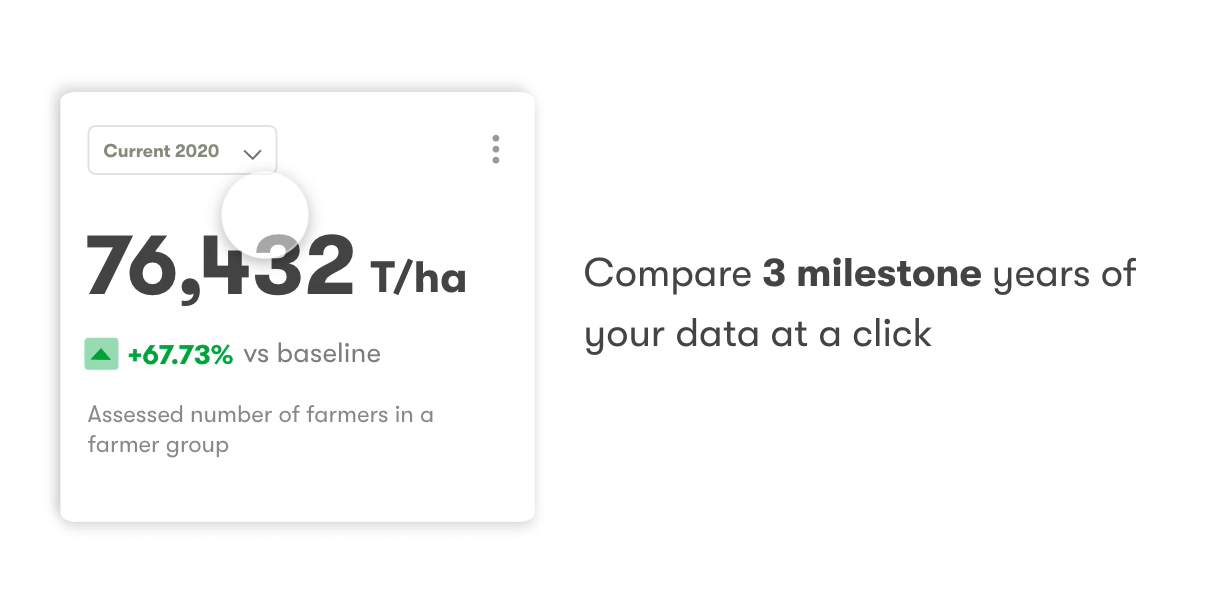ACCESSIBLE HEALTHCARE AND SAFE SPACES TO PLAY: THE MELITTA AND OFI PARTNERSHIP IN THE PICTURE
Arabica is the main cash-crop for small-scale farmers in Jalapa, one of Guatemala’s less well-known coffee growing regions. But like the more renowned regions of Antigua or Huehuetenango, the high altitudes and rich soils here provide ideal conditions for high-quality coffee. The remote town of Manzanillo, set up in the hills at 1,500m is home to a community of about 5,000, whose incomes largely depend on coffee production. The rough terrain adds to their isolation. Local community services consist of a primary school hosting 330 children, with the nearest health facility located 6km away. A lack of access to affordable healthcare is a critical component of rural poverty.
ofi, in partnership with Melitta and non-profit Funcafe, set up a health clinic in November 2021 to provide free medical services to the community. Located just outside ofi’s cherry mill in Manzanillo, the clinic receives 30-40 patients a day for check-ups and screenings. Basic medication for mild pain relief, vitamin deficiencies, dehydration and blood pressure, are provided free of charge. For more serious conditions, patients are referred to the urgent care center in the neighboring village of Los Anonos.
One of the full-time medical staff Ludin, also performs house visits and community-based sensitization to raise awareness of 310 families on health and hygiene. As part of this outreach program, 150-250 children under the age of five are screened daily for malnutrition and stunting, with any identified cases referred to a qualified nutritionist. So far 381 children have been evaluated for malnutrition, of which about 5% have been referred for follow ups and nutritional supplements.
To date (June ‘22) 2540 appointments have been provided free of charge to the community members.
The partnership has also set up four new Coffee Kindergartens during the current crop season in the Ayarza communities of Cieneguia y Pino Zapaton. These are two of the communities diagnosed with a high-risk of child labor by 168 household surveys conducted by ofi during 2020-2021.
The Kindergartens provide safe spaces for 77 children in these communities to play, learn and not work during the peak harvest period. For many, this has also been the first opportunity for children to return to education since schools closed with the outbreak of COVID-19. They are immersed in academic and social activities, with proper meals provided throughout the day, while their parents are busy cherry picking in the fields. From when they enrol, children are also assessed against the ‘Read-o-meter’ to see how many words they can read in a minute. The top three most improved students over the Coffee Kindergarten are awarded with a medal.
Meet some of the winners:
Pino Zapaton


Cieneguias


